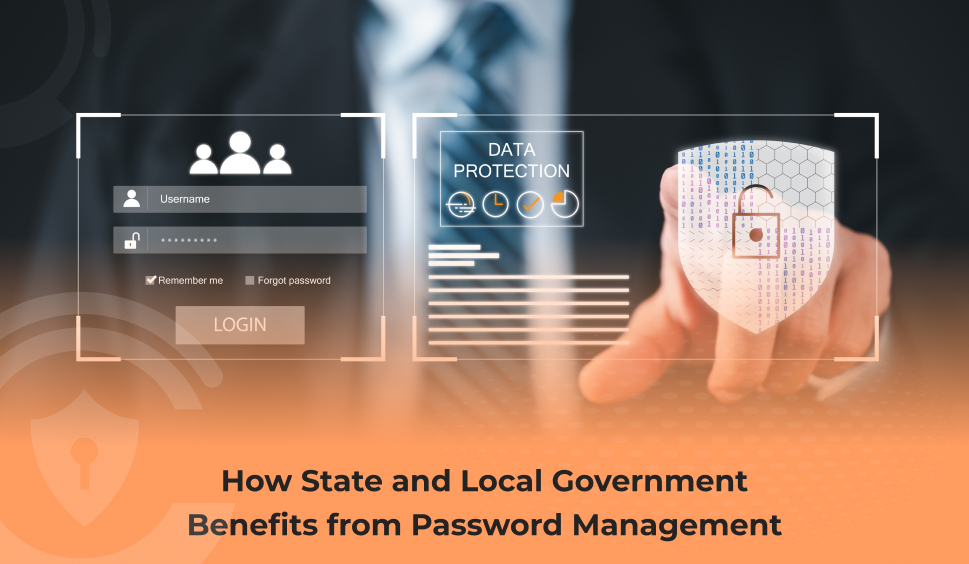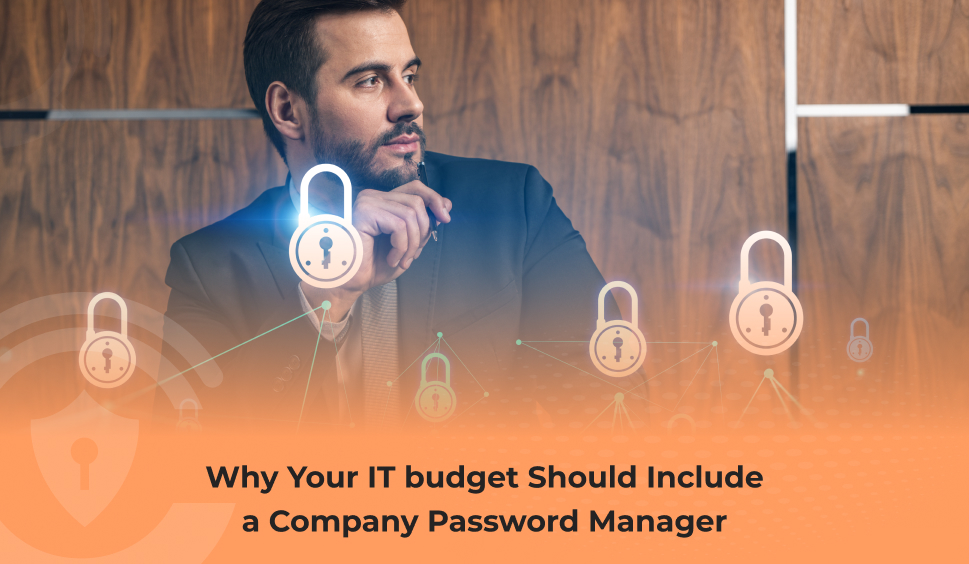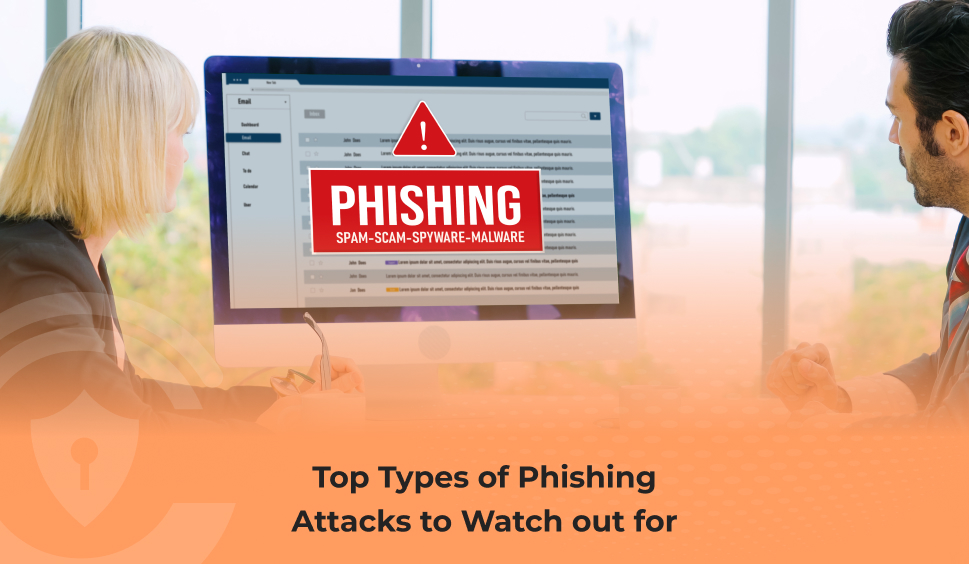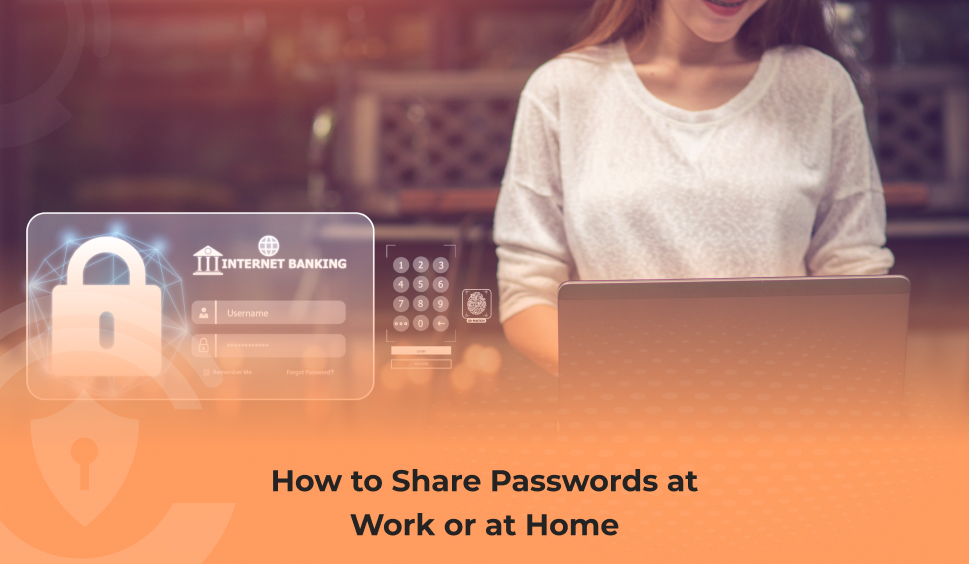
Why Personal Password Managers Are Risky For Enterprises
Individual users have numerous passwords to remember in the present time, where an average enterprise uses a number of cloud applications, which results in poor security practices. Easy to remember, weak, reused, or written down passwords often create cyber security risks, with negotiated credentials being the most prevalent reason for successful cyberattacks. A password manager is a powerful solution to lessen these risks and the threat of a data breach, though not all password managers are the same.
What are Personal Password Managers?
Personal password managers (PPMs) are a simple and affordable security update that addresses issues with password-based authentication in modern cloud apps. They enable employees to use stronger passwords resistant to brute force attacks and eliminate the need to memorize credentials. However, PPMs are not suitable for commercial use as they lack the features required for corporate data security and put the company at higher risk. Using PPMs in the workplace presents serious cyber security threats, making them a mistaken belief for businesses. Instead, businesses should consider using PPMs for their own security and security.
Reasons Personal Password Managers are Risky for Enterprises
-
No Ability To Implement Security Practices
Since PPMs are originally built for individual users, they usually lack the ability to allow businesses to implement their use from a top-down idea. Depending on a voluntary implementation usually means that they might not be utilized by user friction or merely due to a needed behavioral change. Users who choose to use the PPM but do so in an unsafe way, for instance, by using a weak or often used master password, raise concerns for the organization. PPMs ultimately fail to address the risk posed by insecure end-user behavior because they do not give the company the ability to regulate user access or enforce security regulations.
-
Shadow IT And Siloed Usage
With no complete transparency throughout all applications used by the employees, businesses sustain a number of additional security risks from business data processes without the experience or oversight of IT departments, also called Shadow IT. Unknown apps are significantly more vulnerable to data breaches than known IT usage because IT departments are unable to impose additional security technologies and regulations across them.
Personal password managers lack the centralized control, monitoring, and reporting capabilities that companies demand and are often required for compliance adherence due to their decentralized, siloed structure. In the end, the company is unable to identify Shadow IT apps, monitor and report on that access, or access the corporate data that these applications enable.
-
Risks Related To Past Customers Keeping Access
Password managers built for personal use lack the ability to centralize and automate the user’s provisioning and de-provisioning. The onboarding process could be time-consuming and difficult, but the possible ramifications are far more influential when users leave the enterprise and own a vault of corporate applications under their possession that only they know how to access.
Data breaches can be caused by former employees’ preservation of privileged access, but they may also be a threat in and of themselves. Accessing data from previous employment can be motivated by financial and professional reasons, in addition to the possibility of malicious action if the employer-employee relationship gets worse.
-
Failed Attempt To Avoid Phishing
Phishing is one of the ways of cyberattack and the most common one, too, according to internet sources. Even though a personal password manager won’t automatically enter login information into a phishing site’s form, in reality, this could be interpreted as a mistake. If employees can see the passwords, they could easily copy and paste them from their password vault into the form, putting the account at risk.
-
The Business Is Not In Control Of Corporate Data.
Personal password managers are built for individual users to generate and manage passwords, putting businesses not in control and eventually not providing used password ownership to access their own applications and business data. While businesses can request that an enterprise email account be used for registration, individuals stay in control and can effortlessly shift to a personal email address. Ultimately, personal managers provide employees the control of what should be business owned applications and data.
-
Lack Of Support For Shared Accounts
Some departments need several employees to share an individual account, requiring a means to provide the safe sharing of account credentials. Since personal password managers are built for individual users instead of enterprises, lacking this particular functionality. Eventually, employees are forced to share passwords using highly insecure and risky ways. These ways include sending passwords in plain text through email or another communication platform or by writing them down. Even if the feature is there, it will primarily be regulated by the user, with businesses not being able to track or limit those passwords that are shared.
Why Choose Enterprise Password Managers to Secure Businesses?
Personal password managers are useful for individuals, but they lack safety features that can result in cyberattacks in business settings. They increase the enterprise’s vulnerability to cyberattacks by allowing individual users complete authority over applications and company data. Enterprise password managers, designed with organizational goals in mind, aim to protect application access and data, reduce app retention risks, and implement security policies throughout the organization. These managers provide centralized access management, eliminate employee responsibility for managing passwords, and need no changes in user behavior, ensuring high security and user adoption which put the business in control while reducing risks related to app access retention.
How Credentius Can Help?
Choose Credentius for a potential, all-in-one password management solution trusted by individuals and businesses alike. If you need safe, streamlined access across the devices or enterprise-grade control and policy implementation, Credentius is the right partner that provides strong encryption, easy integration, and user-friendly features that simplify password security. Secure your enterprise’s sensitive data, reduce breach risks, and make password management easier via strong password generation, encrypted vault storage, multi-factor authentication, and continuous security delivered by Credentius password manager.

 Let's Discuss Your Tech Solutions
Let's Discuss Your Tech Solutions 





